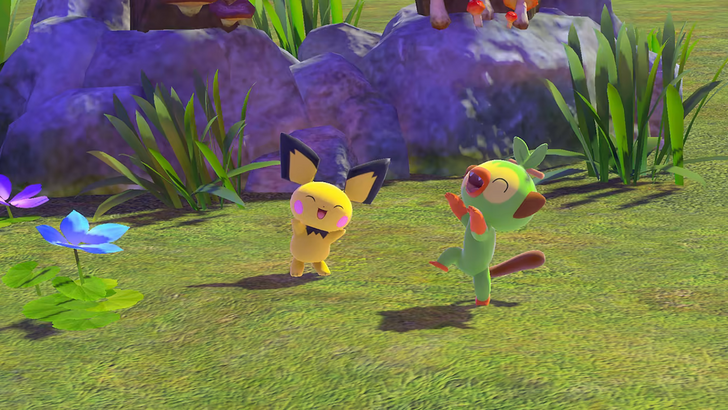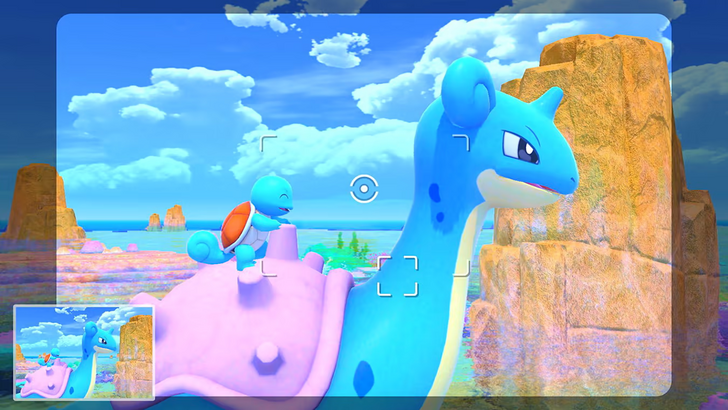
Nintendo marks a historic milestone in China with the launch of New Pokemon Snap. Read on to understand its significance and why it is the first official Pokemon game to be released in China.
New Pokemon Snap Launches in ChinaHistoric Release Marks Pokemon's Return to China

On July 16, New Pokemon Snap, a first-person photography game that was released on April 30, 2021 globally, made history by becoming the first Pokemon game to be officially released in China since the country’s video game console ban was enacted and lifted in 2000 and 2015. The console ban in China was initially imposed due to fears that the devices had a negative effect on the mental and physical development of children. This landmark event signifies a new era for Nintendo and Pokemon fans in China, as the franchise finally makes its debut on the Chinese market after years of restrictions.
Nintendo has long expressed its ambition to expand into the Chinese gaming market, and in 2019, Nintendo partnered up with Tencent to bring Switch to the country. With New Pokemon Snap's release, Nintendo achieves a significant milestone in their strategy to penetrate one of the world’s largest and most lucrative gaming markets. This move comes at a time when Nintendo is gradually increasing its presence in China, with plans to release several more high-profile titles in the coming months.
Upcoming Nintendo Releases in China

Following the launch of New Pokemon Snap, Nintendo has announced a slate of additional titles scheduled for release in China, including:
⚫︎ Super Mario 3D World + Bowser’s Fury
⚫︎ Pokemon Let’s Go Eevee and Pikachu
⚫︎ The Legend of Zelda: Breath of the Wild
⚫︎ Immortals Fenyx Rising
⚫︎ Above Qimen
⚫︎ Samurai Shodown
These releases reflect Nintendo's continued efforts to build a robust gaming portfolio in China, aiming to capture a larger share of the market with its beloved franchises and new offerings.
The Unexpected Legacy of Pokemon in China

The surprise among international Pokemon fans regarding the long-standing console ban in China highlights the complex history of the franchise’s relationship with the region. This restriction meant that Pokemon was never officially sold in China, yet it maintained a significant fanbase, with many players finding ways to access the games through overseas purchases. Additionally, there were counterfeit versions of Nintendo and Pokémon games, as well as instances of smuggling. Just in June of this year, a woman was caught smuggling 350 Nintendo Switch games in her undergarments.
One notable attempt to bring Nintendo hardware into China without branding it explicitly as Nintendo was the iQue. Released in the early 2000’s, the iQue Player was a unique console developed in collaboration between Nintendo and iQue to combat the rampant piracy of Nintendo games in China. The device was essentially a compact version of the Nintendo 64, with all the hardware integrated into the controller.

A Reddit user underscored that Pokemon, achieving immense global popularity without ever officially tapping into China’s market, is particularly impressive. Nintendo’s recent moves indicate a shift in strategy, aiming to bridge the gap between international success and the previously untapped Chinese market.
The gradual reintroduction of Pokemon and other Nintendo titles into China marks a pivotal moment for both the company and its fans. As Nintendo continues to navigate this complex market, the excitement around these releases suggests a promising future for gaming enthusiasts in China and beyond.






